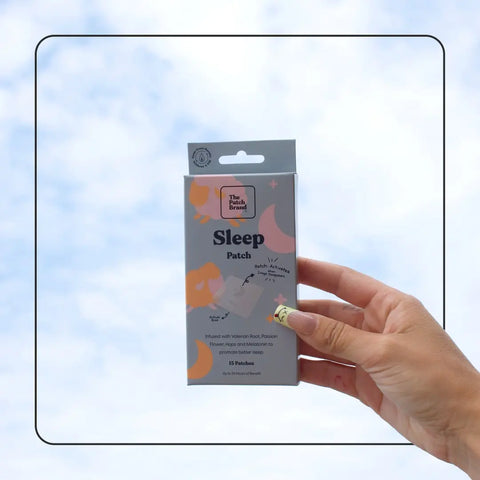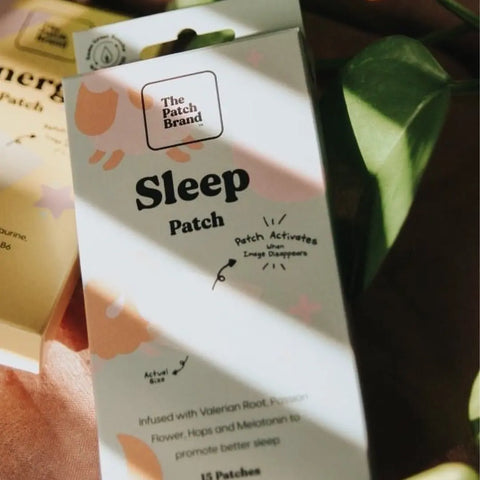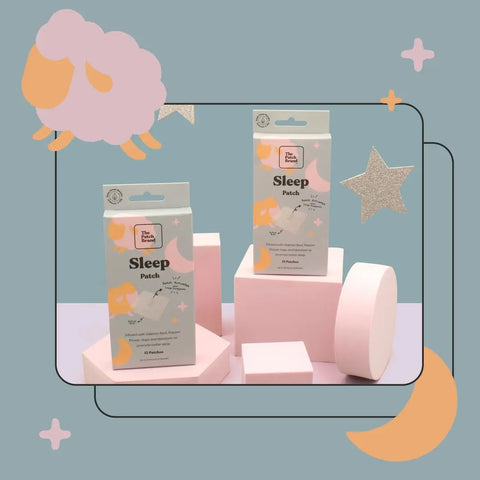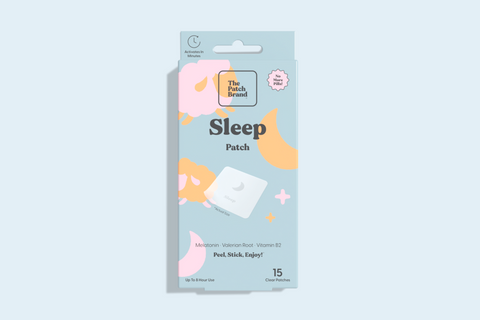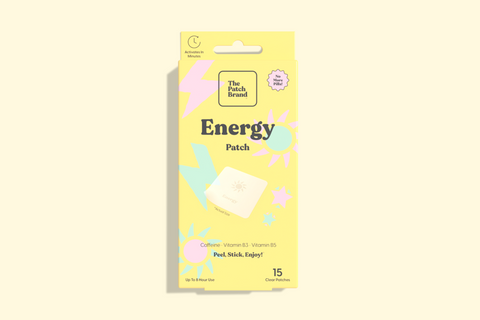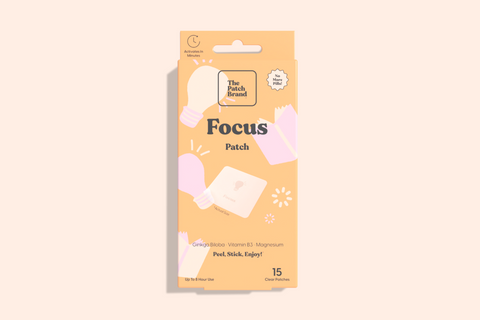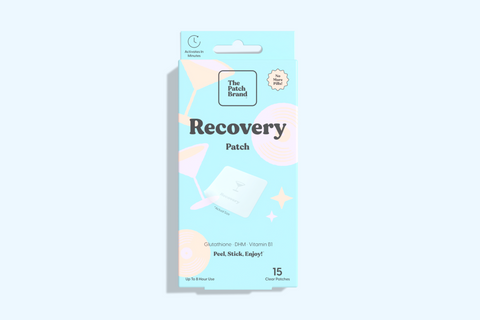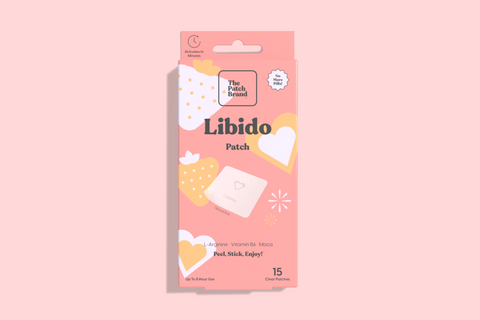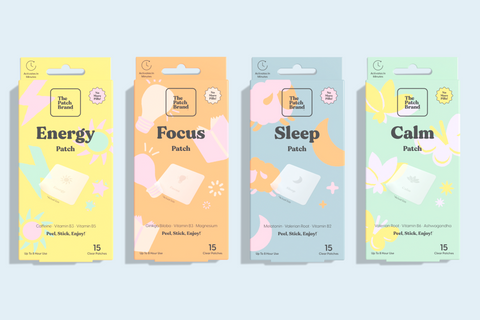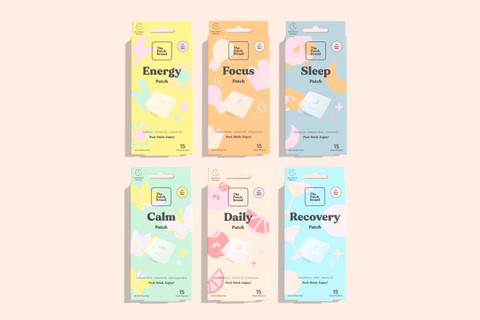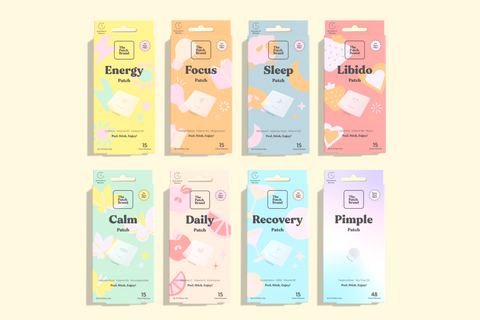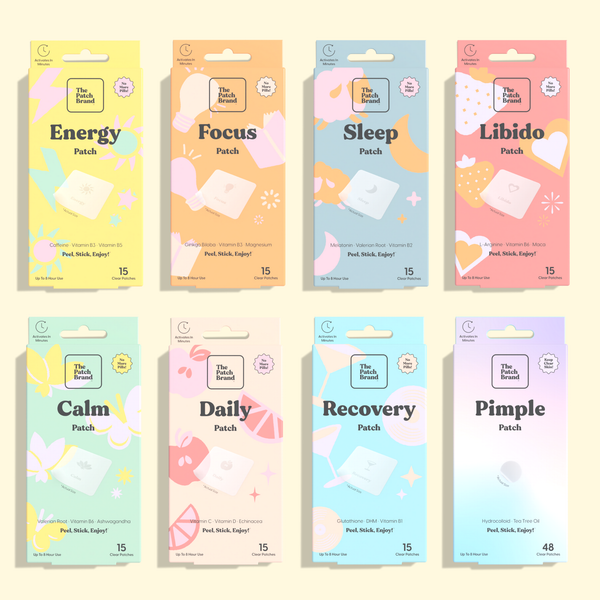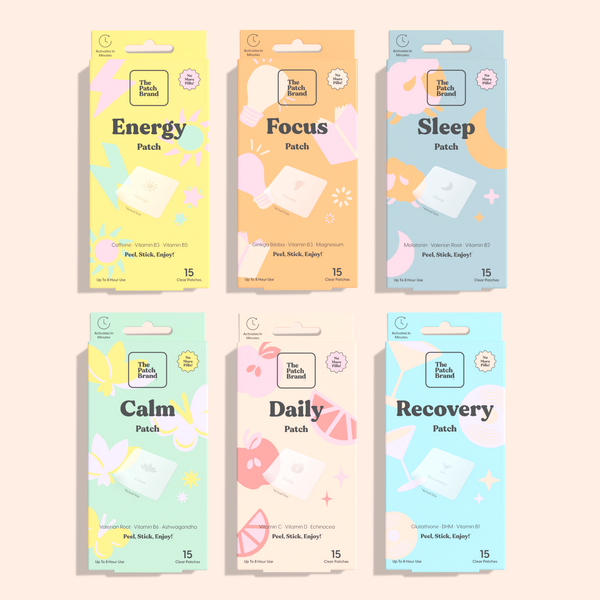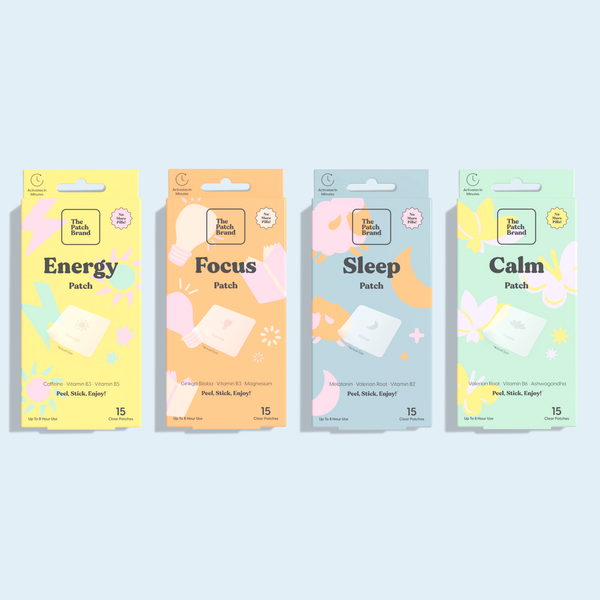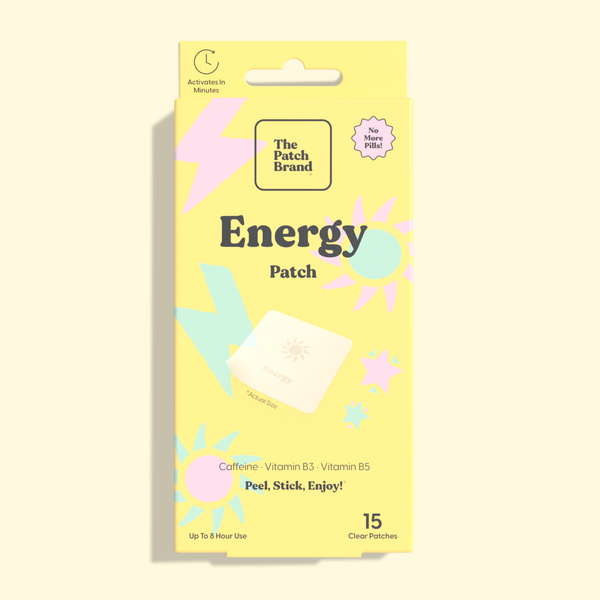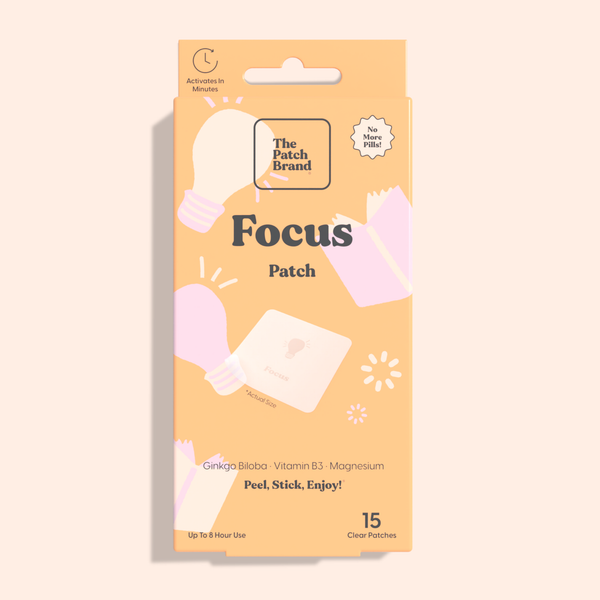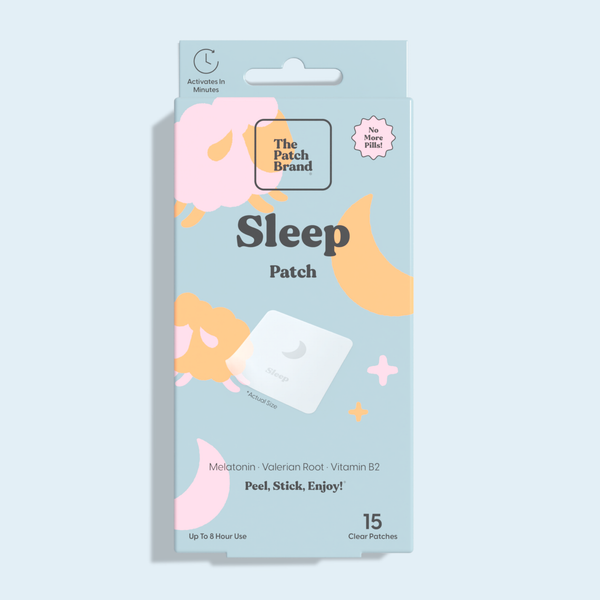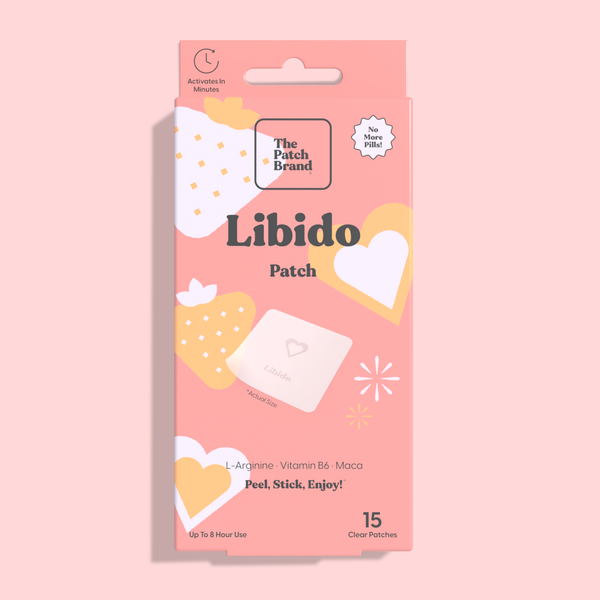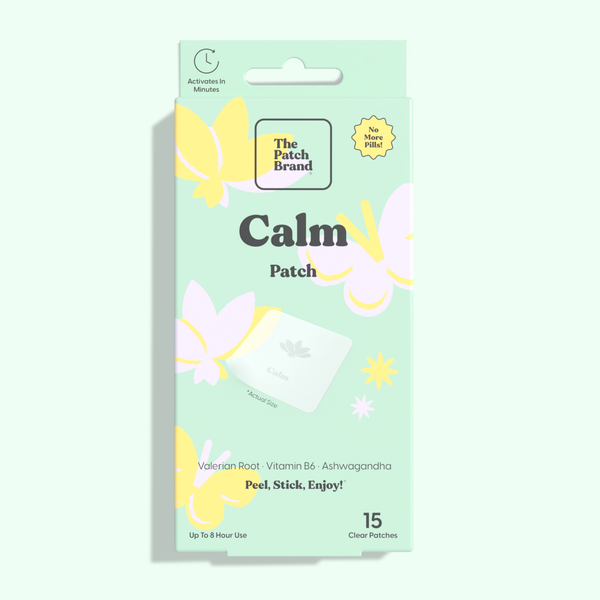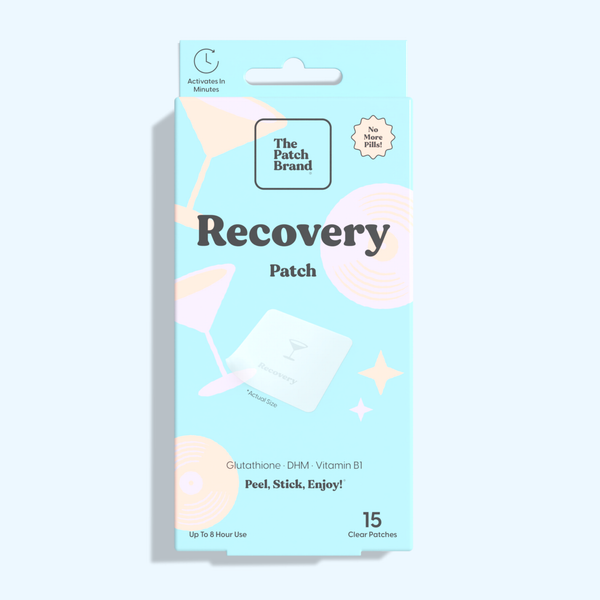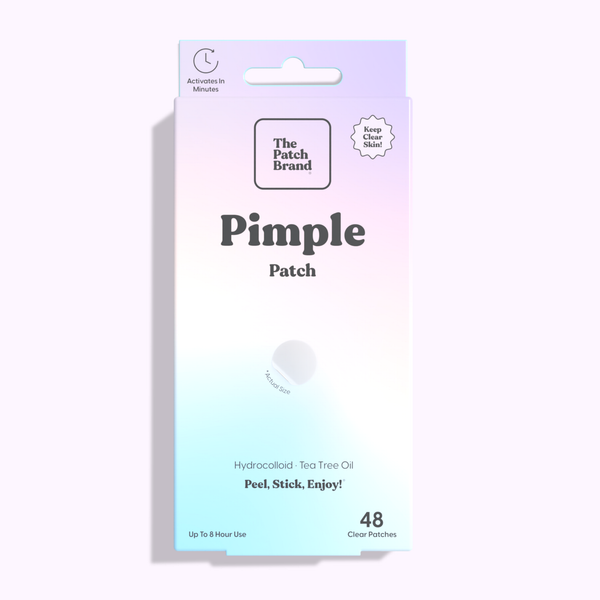In today's fast-paced world, a good night's sleep has become a luxury that many find hard to afford. With the rise of sleep-related issues, the interest in sleep supplements has surged. Understanding these supplements is crucial for anyone looking to improve their sleep quality without resorting to prescription medications. Natural and over-the-counter sleep aids offer a beacon of hope for those struggling to find rest at night. However, with so many options available, navigating the world of sleep supplements can be overwhelming. This guide aims to explain sleep aids, providing clear and concise information to help you make informed decisions about enhancing your sleep naturally and safely.
Understanding How Sleep Supplements Work
Neurotransmitters and Hormones
At the heart of sleep regulation are neurotransmitters and hormones, chemical messengers that play pivotal roles in our sleep cycles. Sleep supplements for adults often target these substances to promote relaxation and sleep. For instance, melatonin, a hormone produced naturally by the pineal gland, is crucial for managing sleep-wake cycles. Supplements can boost melatonin levels in the body, helping to adjust our internal clocks and signaling to the body that it's time to sleep. Similarly, supplements may influence neurotransmitters like GABA and serotonin, which are key in reducing anxiety and promoting a state conducive to sleep.
Natural vs. Synthetic Supplements
Natural sleep supplements and synthetic sleep aids represent two distinct approaches to tackling sleep-related issues, each with its own set of benefits and considerations. Natural sleep supplements often include ingredients like herbs, amino acids, and minerals that have been utilized for centuries in various cultures to promote relaxation and sleep. The appeal of these lies in their use of components that are found in nature, which many believe to be a gentler and potentially safer option compared to synthetic alternatives. People often turn to natural options in the hope of avoiding the side effects associated with some synthetic sleep aids, such as grogginess.
Synthetic sleep aids, on the other hand, are formulated from man-made ingredients and are designed to mimic or enhance the body's natural processes to induce sleep. These may include ingredients that directly stimulate receptors in the brain responsible for sleep, offering a more targeted approach to sleep induction. While synthetic options can be highly effective, especially for those with severe insomnia or other sleep disorders, they may come with a higher risk of side effects and the potential for dependency.
How Do Sleep Supplements Work
The body's circadian rhythm, an internal clock that cycles roughly every 24 hours, dictates our sleep-wake patterns in response to external light cues. Disruptions to this rhythm, whether due to stress, travel, or lifestyle, can lead to sleep disturbances. Sleep supplements work by supporting the body's natural mechanisms for adjusting this internal clock and promoting the physiological conditions conducive to sleep, such as lowering body temperature and reducing mental and physical activity levels. By aligning with the body's natural processes, these supplements can help foster a more natural and restorative sleep pattern.
Natural Sleep Supplements
Melatonin
As discussed previously, melatonin is produced naturally by the pineal gland in response to darkness. It signals the body that it's time to sleep, aiding in the transition to restfulness. Supplementing with melatonin can be particularly beneficial for those experiencing jet lag, working night shifts, or struggling with minor sleep disturbances, as it can help realign the body’s internal clock.
Magnesium
Magnesium is a vital mineral that supports hundreds of reactions in the body, including those important for sleep. Its calming effect on the brain and body makes it a popular component in sleep supplements for insomnia. By regulating neurotransmitters involved in sleep, magnesium helps activate the parasympathetic nervous system, which is responsible for calming and relaxing the body. Additionally, magnesium aids in the production of melatonin, further supporting the sleep cycle. Its muscle-relaxant properties can also contribute to a feeling of physical relaxation, paving the way for a restful night’s sleep.
Valerian Root
Valerian root is a herb that has been used for centuries to induce sleep and reduce anxiety. Its popularity as a natural sleep supplement stems from its ability to increase levels of GABA, a neurotransmitter that promotes relaxation. This mechanism is similar to that of certain prescription anxiety medications but without the hefty side effects. Valerian root can be especially helpful for those who struggle with falling asleep due to anxiety or a racing mind.
L-Theanine
An amino acid found primarily in green tea is another natural ingredient often included in sleep supplements for its anxiety-reducing and sleep-promoting benefits. Unlike caffeine, which is also found in tea, L-Theanine promotes relaxation without drowsiness. It works by influencing the levels of serotonin and dopamine in the brain, neurotransmitters that play key roles in mood regulation and sleep. By reducing stress and improving mental clarity, L-Theanine can help users find a more peaceful state that's conducive to falling asleep and achieving a better quality of rest.
Over-the-Counter Sleep Supplements
Benefits
Over-the-counter sleep supplements offer a convenient and accessible solution for those seeking to improve their sleep without a prescription. These supplements, available in various forms such as pills, liquids, and gummies, are designed to help individuals fall asleep more easily and maintain a healthy sleep cycle. They often contain a blend of ingredients like melatonin, herbal extracts, and vitamins that support sleep. One of the primary advantages of over-the-counter options is the ability to try different formulations to find what works best for an individual’s specific sleep challenges, without the need for a doctor's visit.
Potential Side Effects to Consider
Awareness of their potential side effects is crucial for safe and effective use. These supplements, while beneficial for many, come with a set of risks that can impact well-being. An informed approach ensures that users can make educated decisions about their sleep health. Below are the potential side effects:
-
Gastrointestinal Issues: It's not uncommon for individuals to experience gastrointestinal discomfort, including nausea, diarrhea, or constipation, after taking sleep supplements. These symptoms can result from the body's reaction to certain ingredients within the supplements. For some, these side effects may be mild and temporary, but for others, they can be significant enough to warrant discontinuation of the supplement.
-
Daytime Drowsiness: A common concern with sleep aids is the potential for daytime drowsiness, particularly if the dosage is not properly adjusted. This side effect can manifest as grogginess or lethargy the next day, affecting an individual's ability to perform daily tasks, including driving and working. Adjusting the timing or dosage of the supplement, under a healthcare provider's guidance, can help mitigate this risk.
-
Allergic Reactions: Like any substance introduced to the body, sleep supplements carry the risk of allergic reactions. These reactions can vary widely in severity, from mild symptoms like skin rashes to more severe, potentially life-threatening conditions. Individuals with known sensitivities should carefully review supplement ingredients and consult with a healthcare professional before starting any new supplement.
-
Interactions with Medications: One of the more complex risks involves interactions between sleep supplements and other medications. These interactions can either reduce the effectiveness of the medications or amplify adverse effects. It's essential to discuss current medications with a healthcare provider before starting any sleep supplement to avoid unwanted interactions.
Consulting with a healthcare professional before starting any supplement regimen is advisable to ensure that the benefits outweigh the risks for your specific health situation. Through careful consideration and management, sleep supplements can be a valuable tool for improving sleep quality while minimizing negative outcomes.
Sleep Vitamins and Innovative Delivery Methods
Sleep Vitamin Patches
These patches offer a unique alternative to traditional oral supplements, providing a steady release of sleep-promoting vitamins and minerals through the skin, directly into the bloodstream. This method can be particularly beneficial for those who have difficulty swallowing pills or who experience gastrointestinal discomfort from oral supplements. Sleep vitamin patches often contain a blend of melatonin, magnesium, and essential vitamins, tailored to support a restful night’s sleep by enhancing the body's natural sleep mechanisms.
The Efficiency of Transdermal Vitamin Absorption
Transdermal delivery, the method used by sleep vitamin patches, is praised for its efficiency in absorbing vitamins and supplements. This process bypasses the digestive system, potentially offering a quicker and more direct route for nutrients to enter the bloodstream. Such efficiency is especially advantageous for nutrients like magnesium and melatonin, which play direct roles in muscle relaxation. The use of transdermal patches can also provide a more consistent dose over time, avoiding the peaks and troughs sometimes experienced with oral supplements.
Considerations for Sleep Vitamins in Children
Sleep vitamins and supplements might be considered to support a child's sleep routine, but this approach requires careful consideration to safeguard their health and ensure the supplements contribute positively to their sleep patterns. Here are detailed considerations for selecting and using sleep vitamins for children:
-
Appropriate Dosage: Unlike sleep vitamins for adults, children require significantly lower dosages of vitamins and supplements, which must be precisely adjusted according to their age and weight. Overdosing can lead to potential side effects, including digestive issues or disrupted sleep patterns. It's crucial to follow the recommended dosages provided on the product or by a pediatrician to ensure safety and effectiveness.
-
Formulation: Selecting formulations specifically designed for children is essential. Children's supplements are formulated to ensure that the active ingredients are in forms that their developing bodies can easily absorb and utilize. Additionally, these formulations are designed to be gentle on young systems, minimizing the risk of adverse reactions.
-
Ingredient Selection: When choosing sleep vitamins for children, it's important to opt for products that avoid harmful additives, artificial colors, and sugars. Such ingredients can be counterproductive, potentially disrupting sleep or leading to health issues over time. Instead, look for supplements that use natural ingredients and are free from unnecessary additives to support a child's health best.
-
Pediatrician Approval: Consulting with a pediatrician before introducing any sleep supplement is paramount. A healthcare professional can assess whether a supplement is necessary and safe for the child's specific health needs and conditions. This step ensures that the supplement will not interfere with any existing conditions or medications the child may be taking.
-
Ease of Use: Ensuring that the sleep vitamin is in a form that children find appealing and easy to take, such as gummies or liquids, can significantly impact consistent use. Supplements that are difficult for children to take or have an unpleasant taste may lead to resistance or inconsistent use, undermining their potential benefits.
By paying attention to these key factors, parents and caregivers can help support their children's sleep health safely and effectively. Remember, sleep vitamins should complement good sleep hygiene practices, including a regular bedtime routine and a sleep-conducive environment, rather than replace them.
Holistic Approaches to Improving Sleep
Consistent Sleep Schedule
One of the foundational elements of good sleep hygiene is maintaining a consistent sleep schedule. Going to bed and waking up at the same time every day, including weekends, helps to regulate the body's internal clock and improve the quality of sleep. This regularity makes it easier for the body to naturally feel tired and wakeful at appropriate times, reducing the reliance on sleep supplements and enhancing overall sleep efficiency. Establishing a routine sends a powerful signal to the brain and body, preparing them for a restful night’s sleep.
Creating a Restful Sleeping Environment
Creating a space that fosters sleep is crucial for not only falling asleep quickly but also ensuring that sleep is deep and restorative. Light, noise, and temperature are among the most impactful environmental factors that can disturb sleep patterns, and addressing these can significantly improve sleep quality. Excessive light, especially blue light from screens, can trick the brain into thinking it's still daytime. Implementing blackout curtains or using a sleep mask can help maintain darkness in the bedroom.
Noise is another critical factor that can disrupt sleep. Unpredictable sounds from traffic, neighbors, or even a partner's snoring can prevent deep, restorative sleep stages. Using a white noise machine or earplugs can help mask disruptive noises, creating a consistent auditory environment that promotes better sleep. On the other hand, a room that's too hot or too cold can lead to restlessness and affect sleep continuity. The ideal temperature for sleep is around 65 degrees Fahrenheit (18.3 degrees Celsius), but this can vary based on personal preference. Maintaining a cool, comfortable temperature in the bedroom can help facilitate the natural dip in body temperature that occurs during sleep, aiding in falling asleep faster and staying asleep longer.
Relaxation Techniques for Better Sleep
Practices such as meditation, deep breathing exercises, and gentle yoga can help calm the mind and prepare the body for sleep. These techniques reduce stress and anxiety, common culprits behind sleep disturbances. By easing the transition into sleep, relaxation practices can reduce the need for sleep supplements for insomnia and other sleep aids, offering a natural path to a restful night.
The Role of Diet and Exercise
A balanced diet rich in fruits, vegetables, lean proteins, and whole grains can support overall health and improve sleep quality. Avoiding large meals, caffeine, and alcohol before bedtime can also prevent sleep disturbances. Regular physical activity, meanwhile, can help to regulate sleep patterns and improve the depth and duration of sleep. However, it's important to avoid vigorous exercise close to bedtime, as it can have the opposite effect.
Remember that sleep is a fundamental aspect of health, akin to diet and exercise. If sleep challenges persist despite your best efforts, consulting with a healthcare provider is a wise step to uncover and address any underlying conditions. May this guide serve as your starting point towards achieving the restful sleep that is essential for your overall well-being.
